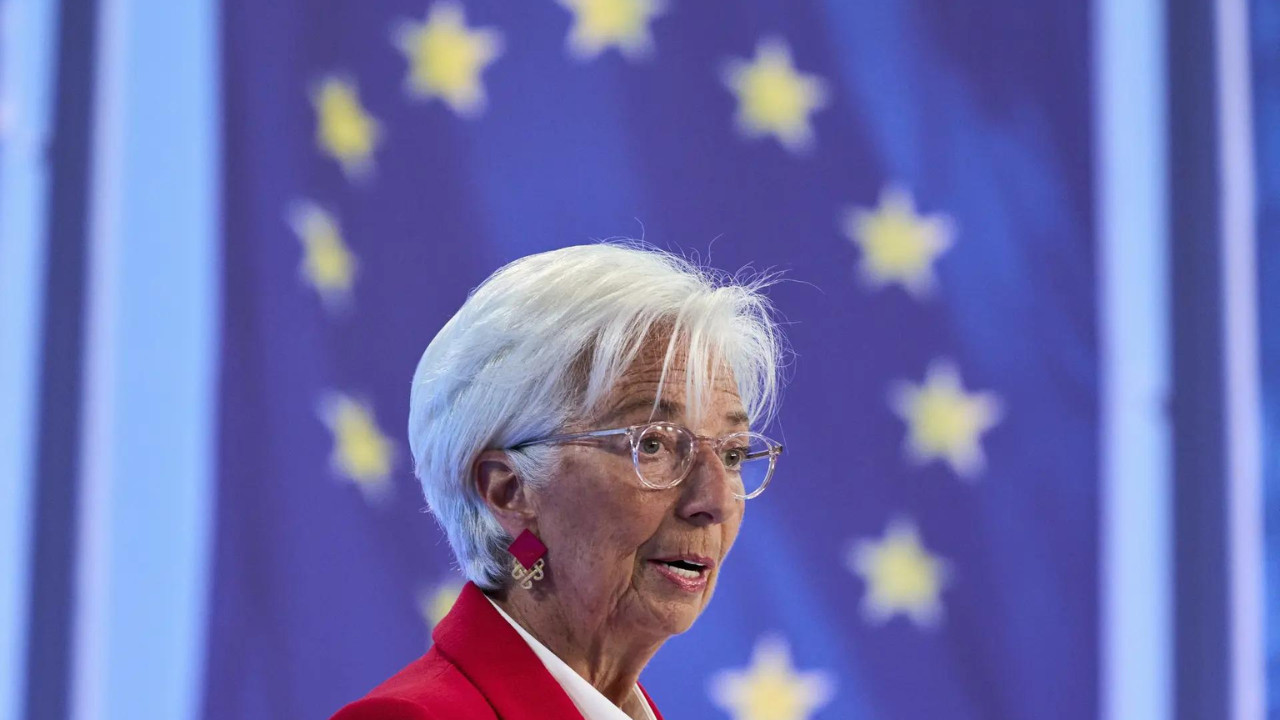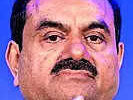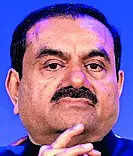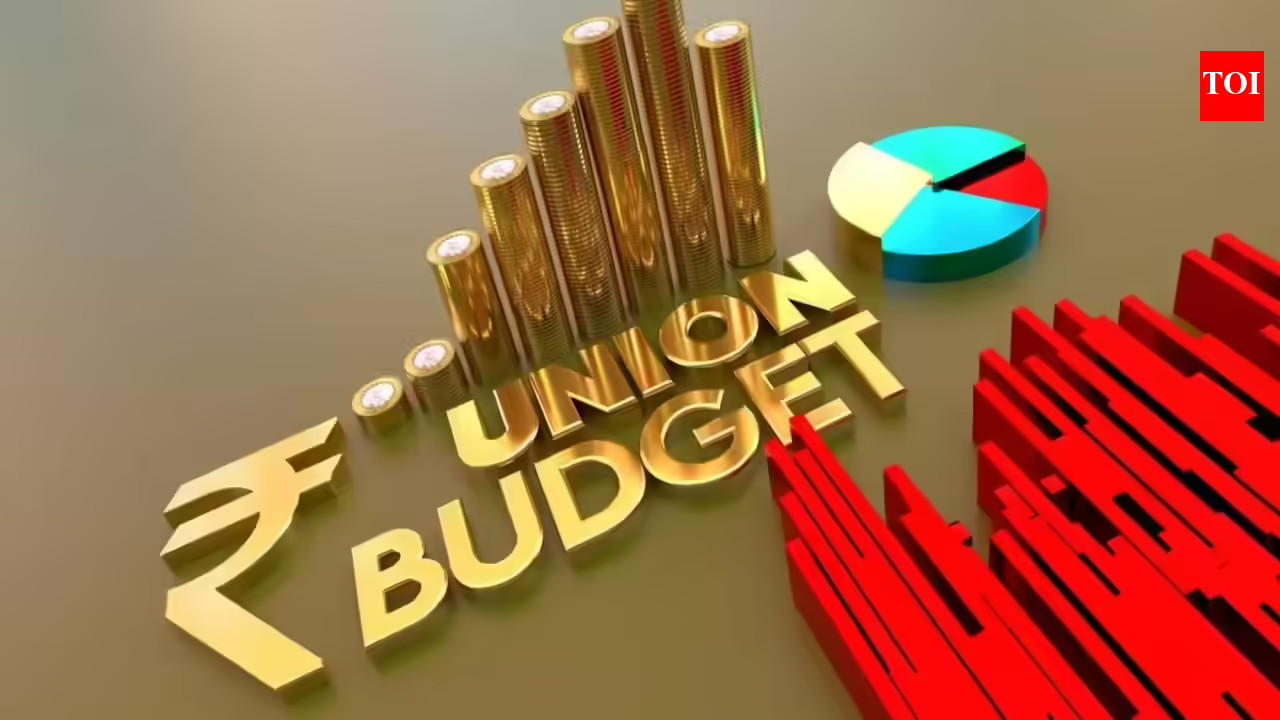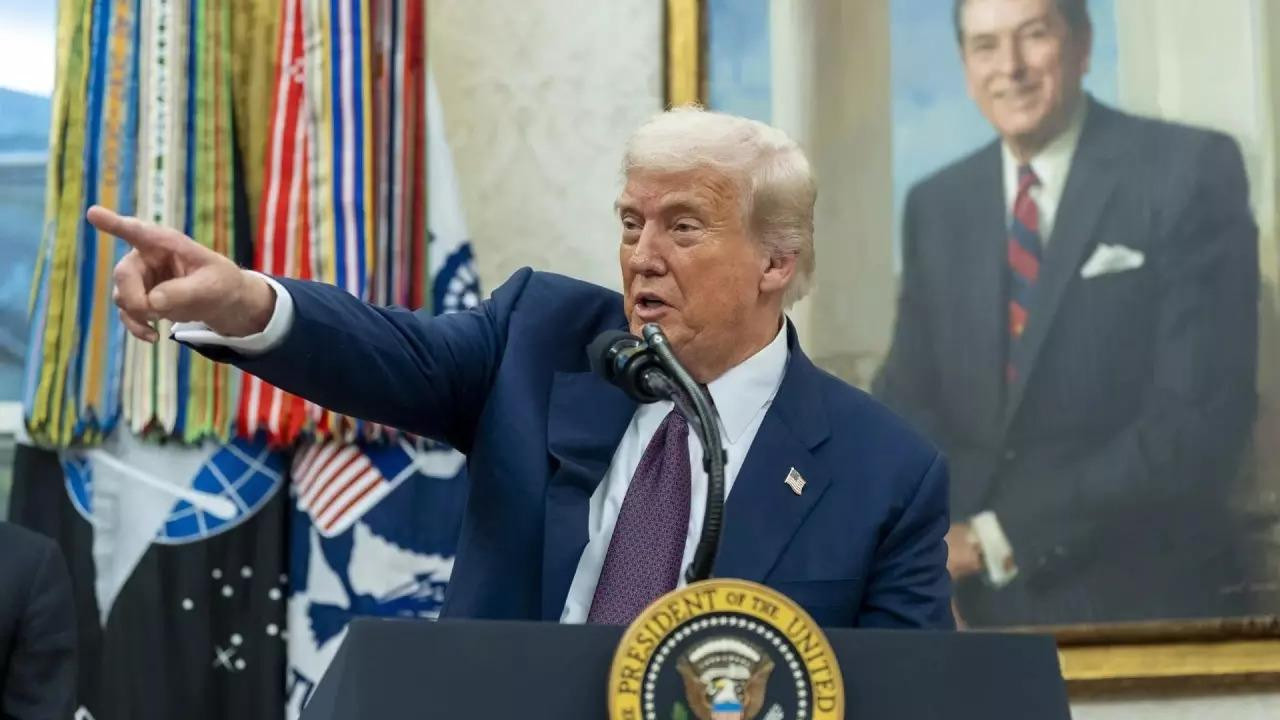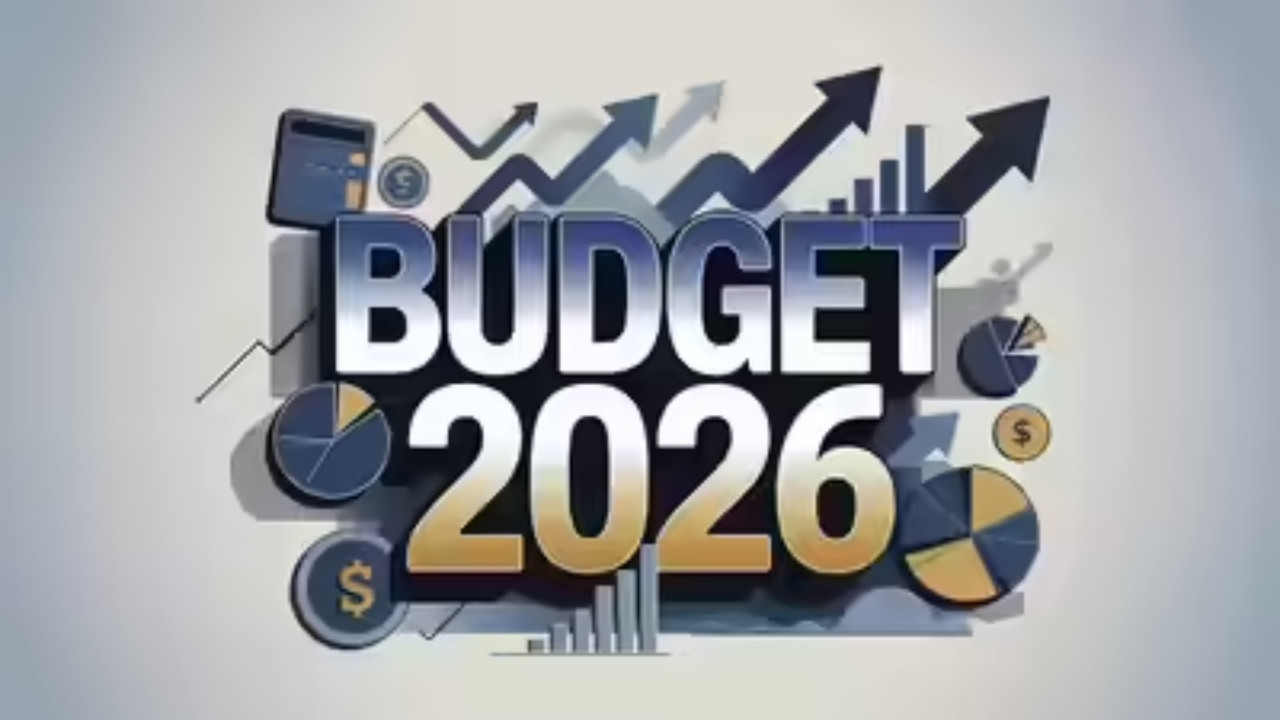The European Central Bank has lowered its key interest rate to 2% amidst growing concerns over US trade policies and a slowing eurozone economy. This decision, the eighth consecutive rate cut, aims to protect against potential fallout from trade tensions and weak domestic demand.
The ECB Just Pulled the Trigger: A Quarter-Point Cut and a Whole Lot of Uncertainty
So, the European Central Bank (ECB) did it. After weeks of speculation thicker than a Bavarian pretzel, they finally shaved a quarter-point off interest rates. A 25-basis-point cut. Sounds small, right? But in the often glacial world of central banking, it’s a noticeable shift. Think of it like gently nudging a supertanker in a new direction – it takes time, but eventually, you see the course change.
The big question everyone’s asking is, why now? And perhaps more importantly, what does it really mean for us?
Let’s unpack this. The official line from the ECB is that they’re trying to stimulate growth in the Eurozone. Inflation, while not alarming, hasn’t exactly been sprinting toward the ECB’s 2% target. It’s been more of a leisurely stroll. And economic growth, well, let’s just say it hasn’t been setting any records either.
Lower interest rates, in theory, should make borrowing cheaper. This encourages businesses to invest, consumers to spend, and, voila, the economy starts humming along nicely. That’s the ideal scenario, anyway.
But here’s where it gets a bit more complicated. The world economy is anything but predictable these days. Remember that whole “globalized economy” thing we used to talk about? Turns out, it means we’re all interconnected, and a sneeze in one country can quickly turn into a full-blown flu in another.
And that’s where the potential fly in the ointment comes in: Donald Trump and his ever-evolving stance on tariffs.
The ECB is clearly worried that a trade war, especially one triggered by increased tariffs between the US and the EU, could throw a serious wrench into the recovery they’re hoping to engineer. Imagine trying to jumpstart a car while someone’s simultaneously pouring water into the engine. That’s the kind of challenge the ECB is facing.
It’s a delicate balancing act. On one hand, they want to boost the Eurozone economy. On the other, they need to brace themselves for the potential fallout from trade disputes that are largely outside their control. You could almost hear the collective sigh emanating from Frankfurt.
The statement accompanying the rate cut was… measured. Lots of talk about monitoring the situation closely, being data-dependent, and standing ready to act. Translation: “We’re keeping our options open, and we’re not afraid to change course if things get ugly.”
So, what does this actually mean for you, the average person?
Well, if you’re a homeowner with a variable-rate mortgage, you might see your monthly payments decrease slightly. If you’re looking to take out a loan for a new car or a home renovation, you might find that interest rates are a bit more favorable.
But let’s be honest, the impact is likely to be subtle. A quarter-point cut isn’t going to unleash a wave of exuberant spending. It’s more of a gentle nudge in that direction.
The real takeaway here is the bigger picture. The ECB’s decision is a signal that they’re concerned about the global economic outlook. It’s a recognition that the road ahead is bumpy and uncertain.
It also throws the spotlight firmly on the upcoming trade negotiations between the US and the EU. The fate of the Eurozone’s economic recovery may well hinge on those talks. If those conversations lead to a more stable and predictable trade environment, the ECB’s gamble might pay off. If they devolve into a tit-for-tat tariff war, well, things could get significantly more challenging.
In short, the ECB has fired its (small) gun. Now, the world holds its breath to see what happens next. We’re all riding this wave of uncertainty together, and whether it leads to calmer waters or a turbulent storm remains to be seen.
And perhaps that’s the biggest lesson: in today’s interconnected world, no central bank, no country, is an island. We’re all passengers on the same ship, navigating a global economy that feels increasingly unpredictable. Keep your eyes on the horizon, folks. The journey is far from over.
📬 Stay informed — follow us for more insightful updates!
